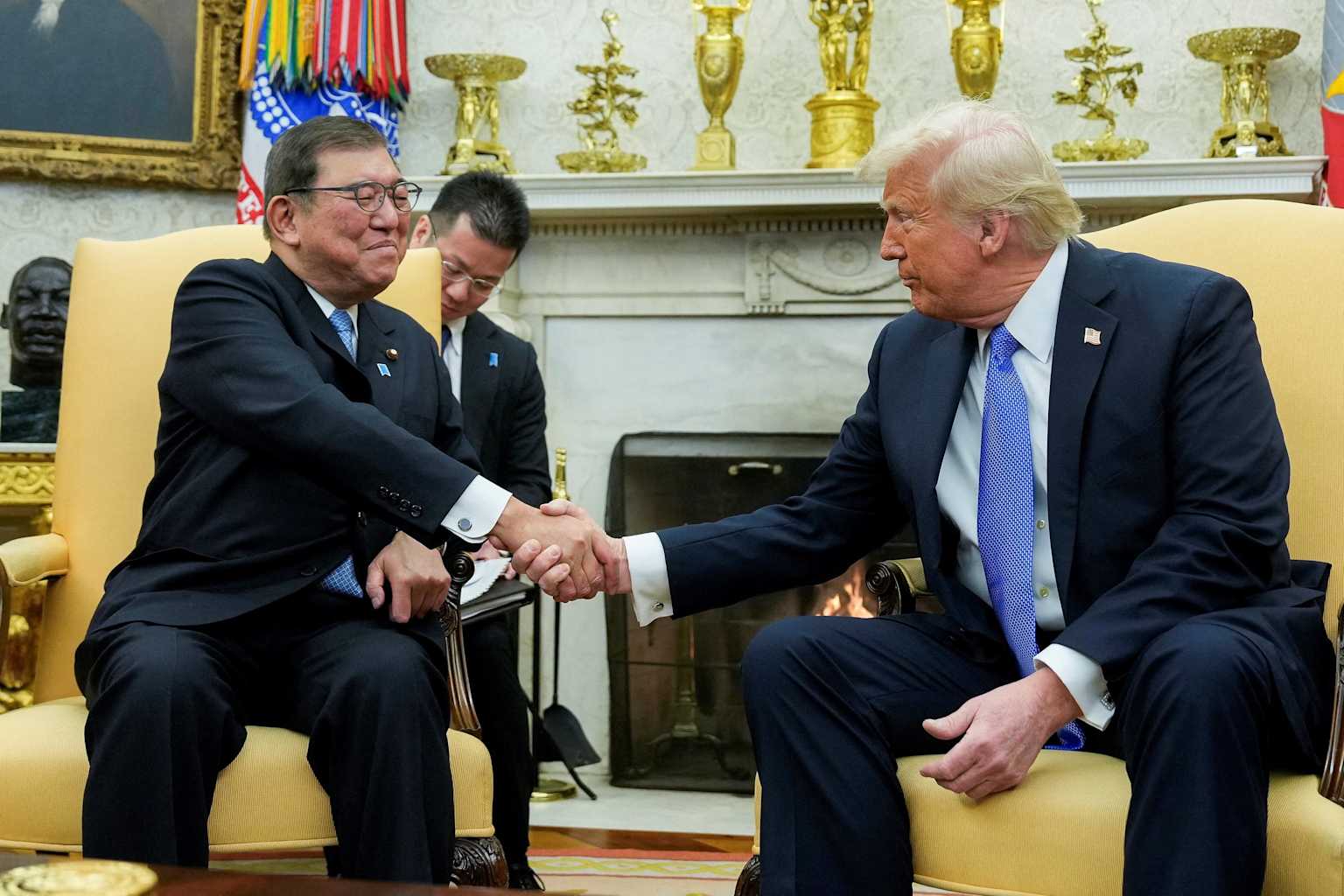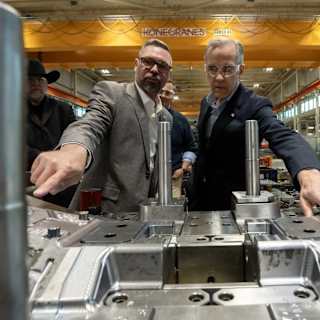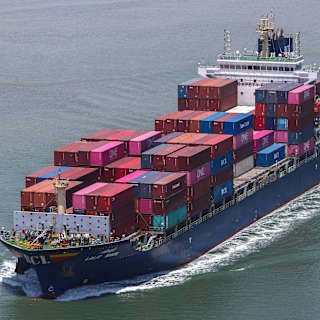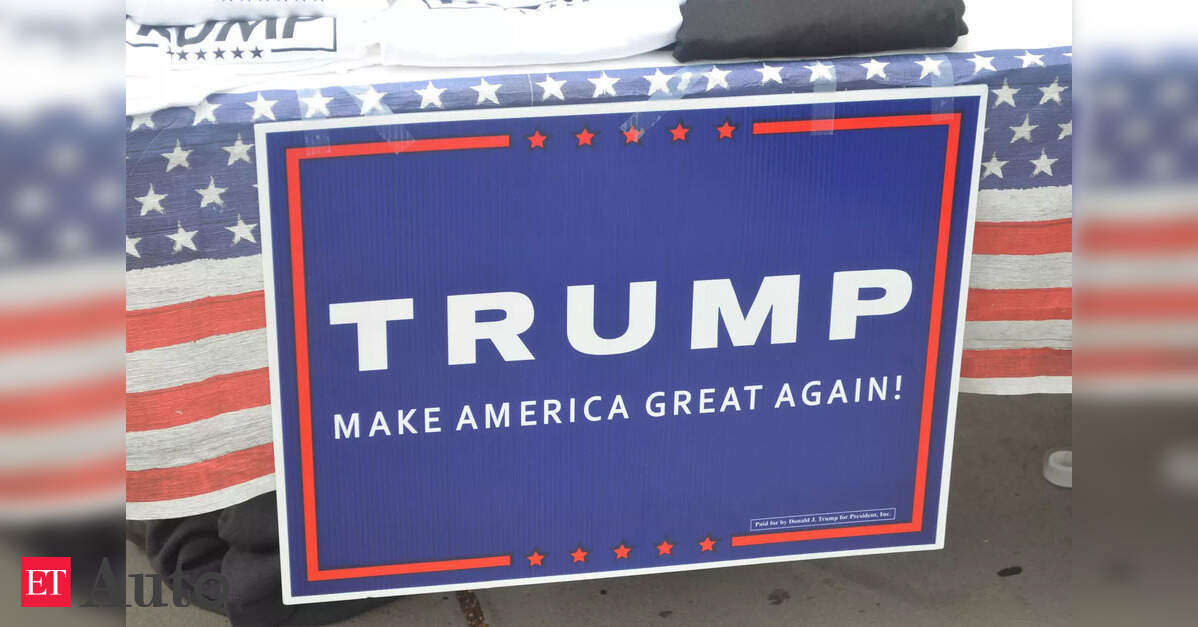- Trump's Ultimatum
- Japan Holds Firm
- Economic Stakes
President Donald Trump escalated his criticism of Japan's automotive trade practices on Sunday, calling the relationship "unfair" and threatening to maintain hefty tariffs on Japanese car imports just nine days before a crucial deadline that could reshape the economic relationship between the two allies.
In a Fox News interview, Trump dismissed Japan's efforts to secure relief from punitive trade measures, suggesting he could unilaterally impose a 25% tariff on Japanese vehicles without further negotiations. The comments underscore mounting tensions as both nations race against a July 9 deadline that will determine whether temporary tariff relief expires, potentially triggering broader economic consequences across the Pacific.

"They won't take our cars, and yet we take millions and millions of their cars into the United States. It's not fair," Trump said during the Sunday morning broadcast12. The president indicated he could send letters to trading partners, including Japan, detailing new tariff rates rather than continuing negotiations.
"I could send one to Japan. 'Dear Mr. Japan, here's the story. You're going to pay a 25% tariff on your cars,'" Trump said, using Japan as an example of his unilateral approach34.
Trump suggested Japan could help reduce the trade imbalance by purchasing more American oil and other goods, pointing to what he described as a "big deficit" between the nations25.
Japan's chief trade negotiator Ryosei Akazawa concluded his seventh round of Washington talks last week, extending his stay in hopes of reaching a deal12. Despite what the Japanese government called "fruitful discussions" with Commerce Secretary Howard Lutnick, no breakthrough emerged1.
Japan maintains it cannot accept the 25% automotive tariffs, emphasizing that Japanese automakers produce 3.3 million vehicles annually in America - more than double the 1.37 million they export to the U.S.34. These operations have generated over $60 billion in investment and created 2.3 million American jobs, according to Akazawa34.
The automotive sector represents 28% of Japan's $145 billion in goods exported to the U.S. last year12. Japan's trade surplus with America reached ¥8.6 trillion ($59.4 billion) in 2024, with 82% attributed to cars and auto parts34.
Without a deal by July 9, Japan faces not only the 25% automotive tariffs but also broader "reciprocal tariffs" jumping from 10% to 24% on other goods34.




